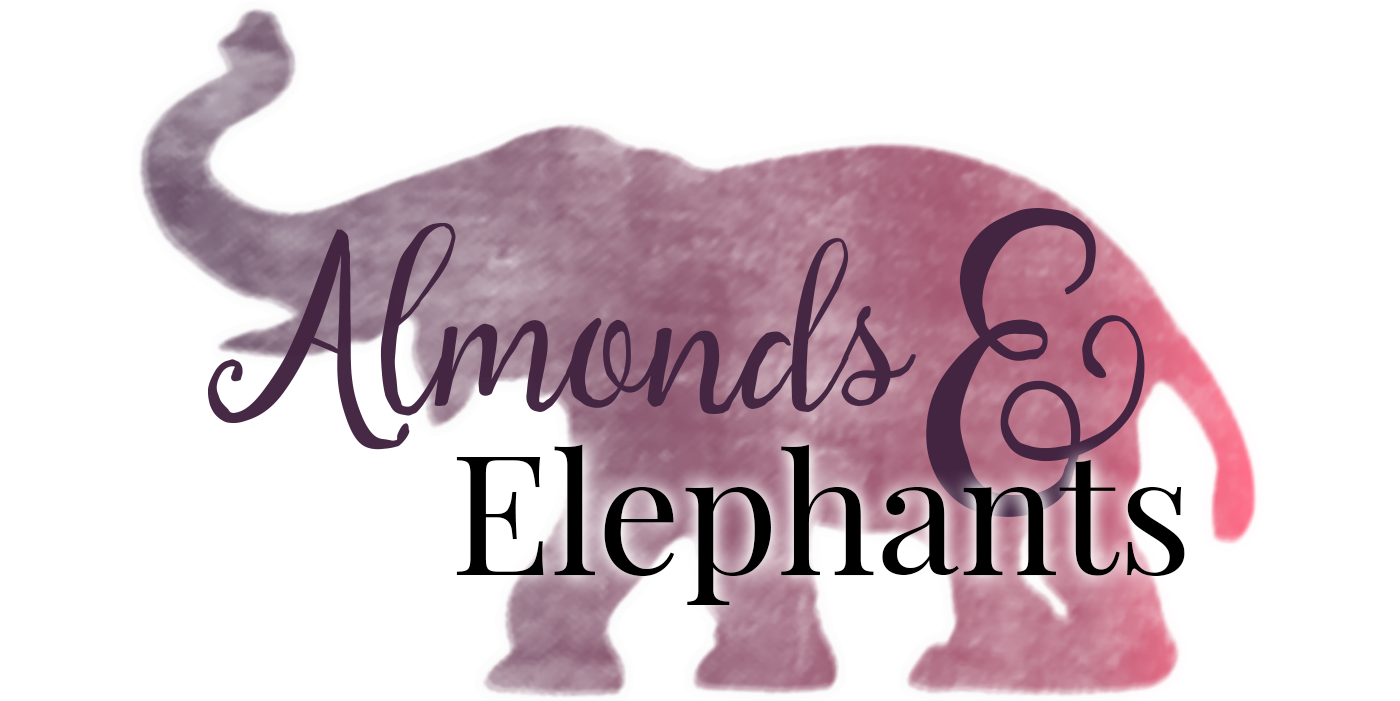My grandmother, a petite woman who lived to 96 years old, had a mind filled with imagination and genius. As a child, I listened to her talk (for hours and hours) about everything from the weather, to the latest book she was reading, to politics and back around again to something scientific. A bright woman with an active mind, she also used to blame everything on the “genies” – those damn invisible forces. Circa 1970.
My mom would roll her eyes whenever Gram talked about the genies, which was my cue to dismiss my grandmother as nuts….
…until I was a teenager, and boldly confronted her about these genies.
“Who are these genies, Gram?”
“Well, they’re what make us do what we do,” she said.
“And how exactly do they do that?” I asked, pressing her. (How crazy was she?! I needed to know.)
She then went on and on about Watson and Crick, our heredity, and how the “genies” are in charge of a lot.
“Do you mean ‘genes’?” I squealed. “Like DNA?”
“Yes, genies,” she repeated.
Why the woman called them "genies" all those years was beyond me, but the mystery had been solved.
Genes do matter! They determine not only our hair and eye color, but also our proclivity towards disease and even behavior. Yes! It all started making sense to me. My Gram died in 1996, and I can’t help but think how excited she would have been about the mapping of the human genome or the development of a company like 23&Me.
I’m pretty sure I inherited her scientific curiosity, and took my own 23&Me test because if science can tell me something about my "genies," I want to know. I have to admit I’m not a fan of giving so much personal information to the giant genetic database in the sky, so recommend using a fictitious name if you decide to buy a test. I didn’t, but wished I had. My ideal self, however, still hopes they’ll use the data to advance medicine so I try not to obsess about having given them my real name (FYI: There are gene variants that make me more susceptible to over-thinking things like this, by the way.).
So, back to my test.
Here are the 9 main things I learned:
1. We have a long way to go. I feel like I bought the first television in the neighborhood, and it only has one channel. 23&Me gets better with more people testing. The more data we have, the more answers we can get. Right now, it’s rudimentary. Yes, with this gene, based on the polling of 8,000 people with the same gene, you’re 1.8X more likely to crash your car. It’s good, but it’s not as good as it will be.
2. Run the Data Through Data Interpretative Website. I used Livewello.com and Promethease.com to run my 23&Me raw data. It’s an inexpensive way to highlight key information from your report.
3. I am part Native American. I knew through my sister and her research on Ancestry.com that I had Mi’kmaq in my heritage. 23&Me confirmed this for me. It also confirmed that we’re all basically world citizens.
No one has “American” genes, by the way, except Native Americans.
4. Type II Diabetes will be my curse. I’ve got every possible gene coding for Type II Diabetes, for whatever reason, so this information will guide me to eat accordingly. Gotta stop eating chocolate at night -- even though it's 80% dark chocolate. :( I’ll also start supplementing with nutrients that increase insulin sensitivity to the cell, like chromium and alpha-lipoic acid.
5. Longevity gene not there. Bummer. I wanted to live to well past 100. I will now have to do this in spite of the gene that says I won’t.
6. Carry the Red Hair Gene. The duh factor. My daughter has red hair and I don't.
7. Optimistic, Empathetic and Handles Stress Well. Yup.
8. Higher Risk of Speech Development Delay or Impairment. Might have helped knowing this in the 2nd grade when I couldn’t pronounce my S’s or R’s and had to endure speech therapy.
9. The Beauty of Epigenetics and Nutrigenomics. One of the biggest red flags in my report was that I’m homozygous for C282Y, hemochromatosis. This is a disorder that can cause serious health hazards for post-menopausal women (me). At my age, I should have high ferritin levels, but I actually don’t. The doctor was surprised I carried this gene because my ferritin levels were not high at all, but explained that my diet and lifestyle were helping me.
Just because we have a genotype, doesn’t mean everything is set in stone. So getting your DNA results doesn't have to be terrifying! A burgeoning field called Nutrigenomics studies the effects of foods on gene expression. Still in its infancy, this field of study will help us eat for our genotype.
Food is still the best medicine.
My grandmother, a food minimalist, ate in a quirky way with her black coffee, oranges and egg yolks. Perhaps she already knew how to eat for her genotype.
I loved my Gram, and think of her every day.
And in me, her "genies" live on...
PS -- Always feel free to contact me if you have any questions! Nutrigenomics is a baby field, but rife with potential to help us be our best selves.





